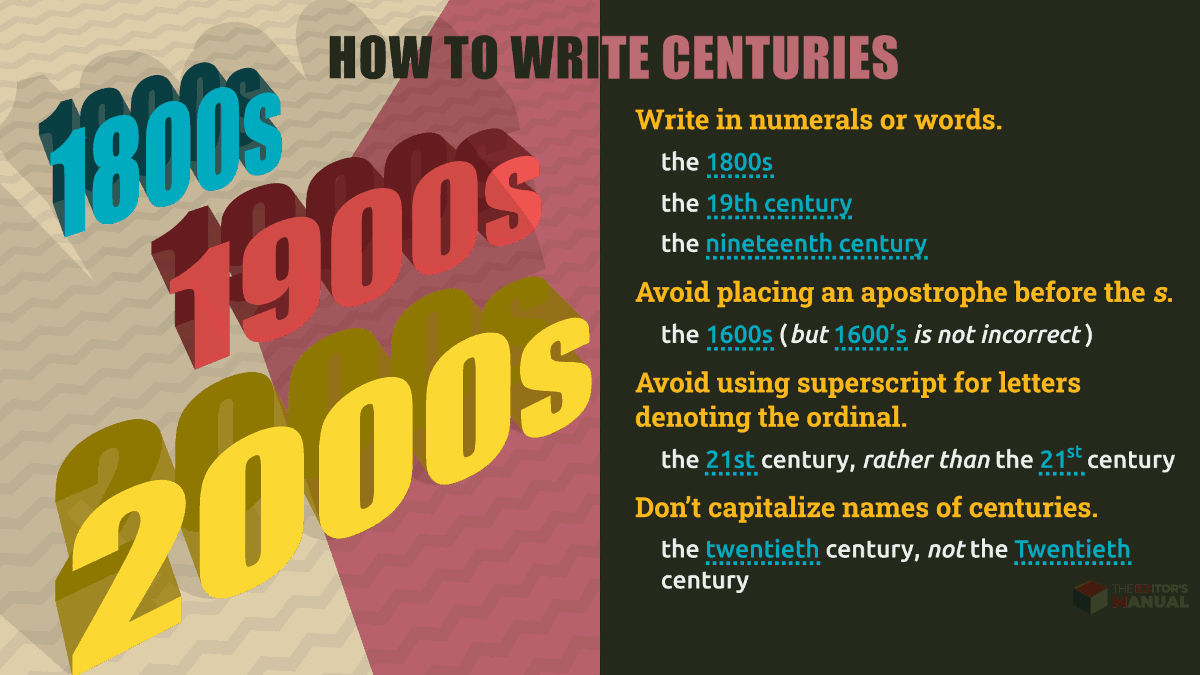History is constantly changing. So, too, is the way that we view history. Obviously, history extends forward in time, each day bringing new events that make a mockery of any attempt to survey the entire historical past of any one culture, much less of all cultures, or of all Western civilization.
Even this last term has now lost much of its meaning, for in many ways there is now a world culture from which it is not possible to isolate any singular culture. Japanese prints influenced the French impressionist painters; post-impressionists such as Van Gogh and Gauguin sought inspiration in so-called primitive art; Picasso was influenced by African art and sculpture.
Popular art forms in Africa, Latin America, and major portions of Asia were in turn deeply influenced by music, fashion, political thought, or economic policies that originated in the West. World War II and its aftermath involved non-Western societies fully as much as Western, making sharp distinctions between the West and non-West highly artificial. “Western civilization” could no longer be studied without reference to much of the entire world.
History also changes by virtue of the dynamics of its own discipline. New facts are found about old events, new documents discovered, new artifacts unearthed by archaeologists. Old facts are reinterpreted, their meaning changed, both by the simple passage of time, which permits more distance from and more objectivity toward an event, and by the discovery of new facts.
Today the historian writes quite differently of ancient Greece and Rome than historians did only twenty years ago, in part because society now permits open discussion of subjects, such as the use of slaves in classical civilization, that were once reserved to the specialist. Today the historian writes quite differently of sixteenth-century England or eighteenth-century France than did historians twenty years ago, in part because new insights into social organization, population movements, the history of climate, disease, sexuality, or of the role of women and the family have forced a reassessment of what was truly significant about those centuries.
Today, nearly five decades removed from the first years of the cold war, the historian writes differently of those years, for recent events have changed judgments about the significance of intervening events and also quite simply because a new generation of historians who were not eyewitnesses to those events has arisen.
And history is written differently today because the pervasive influence of the media has shaped a generation accustomed less to learning by reading than to learning by looking, while the steady advance of the computer and the word processor into education and learning is producing a generation rather more numerate and somewhat less literate.

